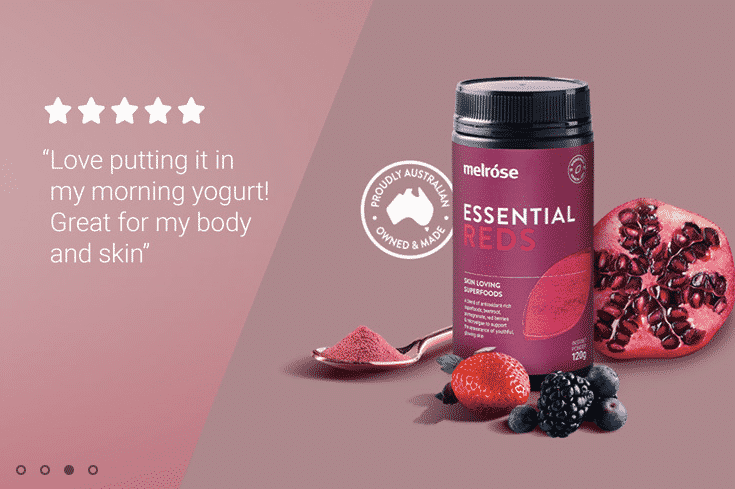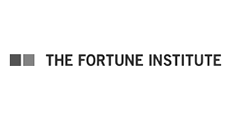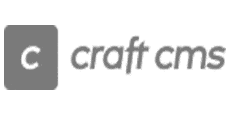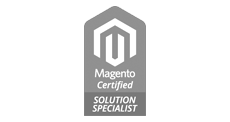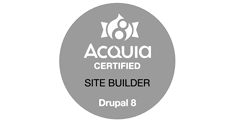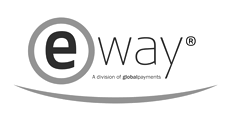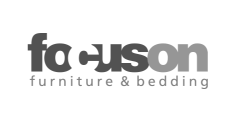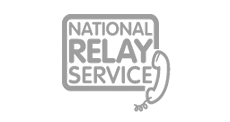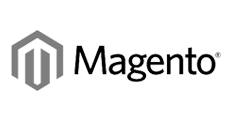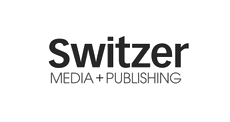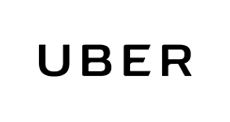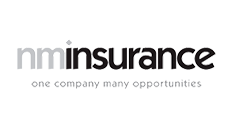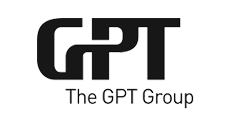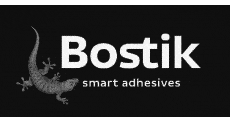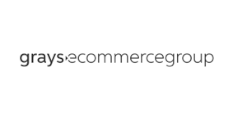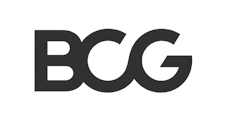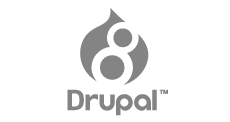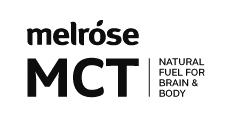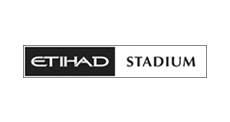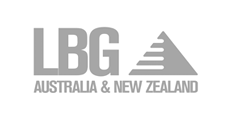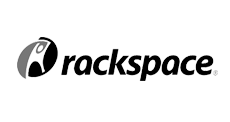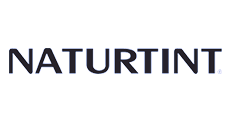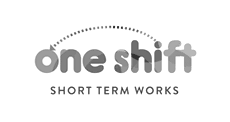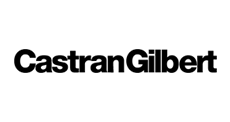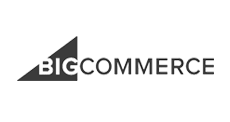
Growth Hacking for New Businesses
11 Aug. 2022 - Adam Ashton - Total Reads 5,602

What is Growth Hacking and why is it important?
Growth Hacking is a way of thinking, acting and implementing leverage to increase the growth of your company while seeking customer satisfaction to propose a suitable solution. It is a process that must be built in stages and it must be measurable as well as evaluated. While seeking customer satisfaction to propose the solution adapted to the customer’s needs. Unlike marketing which aims to make people come or make them buy, Growth Hacking, like marketing, makes the customer come but aims to make him come back.
Growth Hacking, therefore, is to it is thus to mix common sense, ingenuity, automation, and analysis of the results.
The Growth Hacker bases all its work on an optimization of the sales cycle (the AARRR Framework):
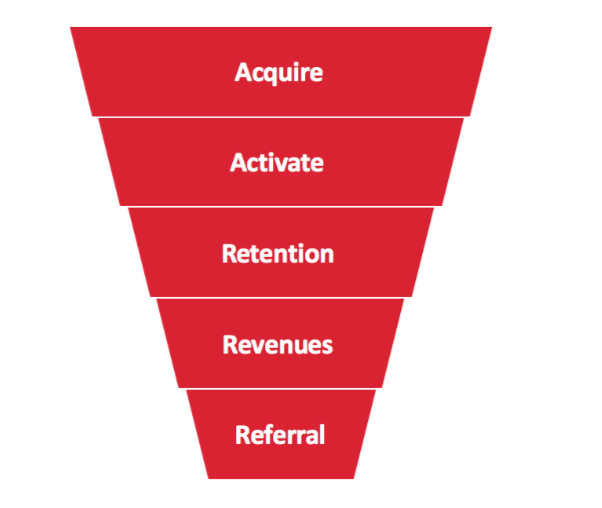
In short, it means:
1/ Maximize lead acquisition
It’s not a question of making every possible expenditure to capture leads, you need to optimize this lead generation. Either improve the effectiveness of the marketing tools deployed.
2/ To encourage the use of the product or to buy it
Indeed the conquest of the prospect is not all, it is now necessary to transform him into a customer.
To increase this transformation rate, we must optimize the conversion funnel making and make the first steps with the service or product as efficient and simple as possible.
This is demonstrated through the writing of guides or tutorials to help with use.
There can also be a system of automatic emails following the subscription to a product offer, as well as the analysis of basket abandonment, the detection of friction points in the customer path… The goal is that once a prospect is acquired, he must use the product. Since the cost of acquiring a prospect is expensive, the conversion rate must be optimized.
3/ Build customer loyalty and keep the customer active as quickly as possible
Inactive clients :
As companies become more aware of the importance of customer loyalty, a worrying phenomenon is developing: the increase in inactive customers. Indeed, the multiplication of competition makes consumers much more volatile in their purchasing behavior. Volatility is even more present in the digital sectors.
This shows the importance of retention in the development and growth of companies. From now on, keeping customers active is just as important as acquiring new customers.
To remedy this, for example, you need to identify them through segmentation, i.e. identify inactive customers in your CRM. This will allow you to surprise them with different e-mail campaigns.
For example, to encourage one of your customers to open your newsletters again, title your email “Unsubscribe”. For a reminder email, title it “It’s time to say goodbye (or not)”. Or: “Looks like it’s over between us…”.
How to build loyalty?
On average, it costs 5 to 10 times less to retain a customer than to win him/her.
You need to have a good product that meets a real need. However, this is not enough to retain them in the long term. The real secret of loyalty is never to take a customer for granted. You have to be able to continually surprise your customers by offering new things, and by being where you are not expected.
4/ Improve profitability and grow without having costs that increase proportionally
Once one of your marketing levers is successful, you need to start a continuous improvement process, that is to say, asking yourself the right questions:
– What can/Do I want to improve?
– What new tools can I use?
You must also measure the success of your actions via tracked URLs.
As you understand with Growth Hacking, to do growth hacking, you have to analyse the data. This is to better anticipate and minimise risks related to the company and it’s market to make faster and more relevant decisions. Moreover, thanks to the power of Data Analytics, companies can optimize and personalize the user experience, giving them a significant competitive advantage over companies that don’t use the potential of their data.
The goal is to have a solid customer knowledge and the will to constantly improve the user experience and the will to innovate, to break the code, to set no limits to win customers.
It will allow the company to better manage its activities and anticipate its future needs.
Marketing Hacks for Small Businesses
Let’s not forget that this technique comes at the base of small businesses, invented by Sean Ellis of DropBox who sold their products before creating it, followed by Hotmail and their exemplary communication (Include a message at the bottom of each email promoting their service for free). Then from AirBnB who used the fame of Craigslist to make themselves known.
So why is Growth Hacking essential for small businesses?
We will discuss 3 points:
Firstly, small companies, don’t always have a lot of means, marketing represents a big % of their expenses. They can’t afford to propose the same actions as big companies with much more budget. Many companies or start-ups don’t have the time and money to embark on an innovative marketing strategy. Growth hacking is, therefore, a way to compete with the big structures, as it costs next to nothing, however there are human costs for Growth Hacking.
Secondly, it allows small companies to see what the big companies are doing, indeed you would be surprised to see everything that can be found in the HTML code of a page.
Thirdly, small companies must start Growth Hacking from the beginning, having less data, they can more easily manage their analysis and acquire a qualitative approach for the future.
Thanks to growth marketing, the company can quickly ensure an optimal presence on the web, while also rapidly increasing its revenues and popularity.
However, the digital transition is forcing us to think differently. Having a digital presence and offering content makes it easier for leads to come in. With Growth Hacking, several solutions are possible to give your company a real boost.
More than a marketing strategy, Growth Hacking is a vision, a state of mind to have for the success and development of a company or start-up.
It should be noted that Growth Hacking is not only thought for SMEs with a smaller budget. It is a new way of thinking, giving companies competitiveness in an overloaded ecosystem, by putting the discussion at the center. It starts with progressive testing, to build measurable steps to bring users in. Every click, drag, and drop or entry is important.
Growth Hacking Techniques
At the acquisition stage of the conversion funnel, the objective is to generate traffic on your site by diversifying your communication.
- Create a blog and publish articles on relevant topics.
The corporate blog is part of an inbound marketing strategy. Inbound marketing focuses on the creation and distribution of quality content to attract people to your site and turn them into customers. By broadcasting content that interests your customers, you naturally attract them.
- Re-publish your articles on social networks.
By republishing your articles on social networks, you increase the reach of the latter considerably, while ensuring content on them.
- Forward your articles to influential bloggers and encourage them to share them.
By sharing your articles with people with a strong community, it further increases your visibility. The goal is to be shared by influencers, perceived as reliable sources of information by the community.
At the activation stage, it is necessary to convert visitors to your site.
- Create quality premium content that is not too expensive.
Premium content relies on the quality of content and form. It is made by an expert who takes time and freely expresses his art: the creation of content.
Everything is important, the choice of background topics, information with high added value, writing in a pleasant style, and SEO optimization.
The return on investment is not at all the same as low-cost content, and the benefits have nothing in common.
- Offer freemium services to create a first user experience.
The formula is rather simple, you have a first offer 100% free of charge allowing you to access the product/service. The framework of use being restrictive, you will have to switch to a paid version to get out of it, and therefore be able to take full advantage of the product/service.
However, this requires a thorough knowledge of the market, however, this model can be implemented in many sectors of activity
- Maximize your conversion capabilities by practice, for example, A/B testing.
This popular marketing technique consists of opposing two versions of a web page or website to see which one performs better.
With A/B testing, you can check which version gets the most traffic, the best conversion rate, the highest number of subscriptions, etc.
You then get information about visitor behavior and you can continuously improve the visitor experience and thus increase your turnover.
- Use retargeting to motivate your site visitors to take action.
The goal is to create targeted Google and Facebook ads to bring these visitors back to your site faster by offering them offers and promotions on the products they’ve viewed, for example.
In the retention and revenue phase, you need to encourage users to return to your offer.
- Send messages with personalized offers and ask for customer feedback.
This gives customers a sense of importance and makes them feel close to the company. In addition to developing their affection for the brand, it builds loyalty. Many tools are available to quickly create a customer survey, this allows you to collect their feedback which is a great way to find out what customers think of you, what they like and what they don’t like and therefore improve yourself by making the necessary changes. Remember that a customer who takes the time to give feedback, whether positive or negative, is valuable.
- Re-launch your former clients
There are many possible causes for the departure of a former client. It’s up to you to make an accurate diagnosis. Thanks to a CRM tool, it is easy to consult the history of the customer relationship. But nothing is better than questioning it directly.
Once you have identified the causes of his departure, be ingenious, propose an advantageous offer to him, to make him come back to loyal customers and keep him loyal as he should be.
- Relaunch your sleeping customers
An inactive customer is a customer who no longer seems to be interested in your marketing campaigns or newsletters. They represent 20% to 50% of your customer databases.
You need to identify each individual and then take the time to target your message. Overall, it’s good to show your inactive customers that you’ve noticed them, hence the importance of data. So, in your follow-up email, show them that you can adapt your offers to their request.
In the final referral phase, you need to encourage your consumers to become your ambassadors. Even to reach the stage of evangelization.
- Ask your customers for a referral
There are many advantages to having your company recommended, it generates new contacts, potential customers, saves money and optimizes the costs of the business strategy. It is important to know that your customers are your best influencers.
Let’s not forget that prospects are 4 times more likely to buy if they are recommended from a friend. There are several forms of referrals Referral is the most advanced form.
- Offer them a referral and give them a reward
A customer who comes as a result of sponsorship takes the offer more seriously, as it usually comes from a relative or influencer. This customer can, in turn, become a sponsor and you are then in a virtuous circle that allows you to retain customers and increase your income.
- Allow them to share their purchase, thanks to a social button.
Indeed a customer who shares his purchases makes you a free advertisement and don’t forget that word of mouth is one of the best communication.
Even if user signals do not count as SEO factors at Google et al., they have a positive influence on search engines.
In conclusion, Growth Hacking is a way of thinking, acting, and implementing leverage to increase the growth of your company while seeking customer satisfaction to offer the solution adapted to the customer’s needs. A real asset for small companies, it’s thanks to many tools today essential to evolve on the web.
“Growth hacking is Experiment Driven Marketing” Sean Ellis.
For more articles click here

Post Reads: 5.6K
Go on, see if you can challenge us on "Growth Hacking for New Businesses" - Part of our 168 services at AndMine. We are quick to respond but if you want to go direct, test us during office hours.
Add Your CommentTestimonials
Not only is Michael professional but he is also a great friend to have in your court. He is balanced in his advice, fair in his quotes and has the best twitter feed for all things tech - i highly recommend you follow him and also hire him! Clare Smith, GM – Brand & Marketing Communications at Sensis
More Testimonials

